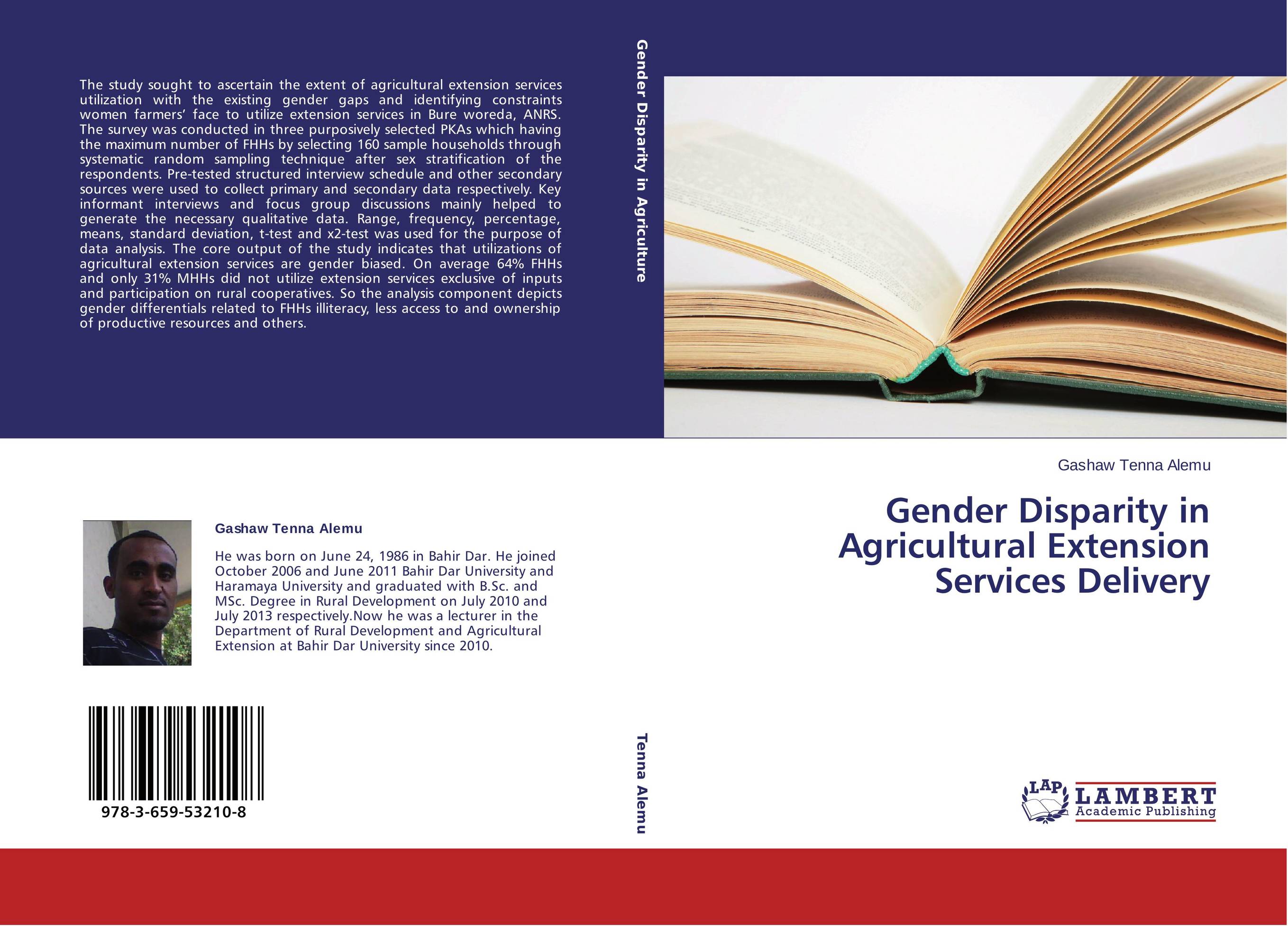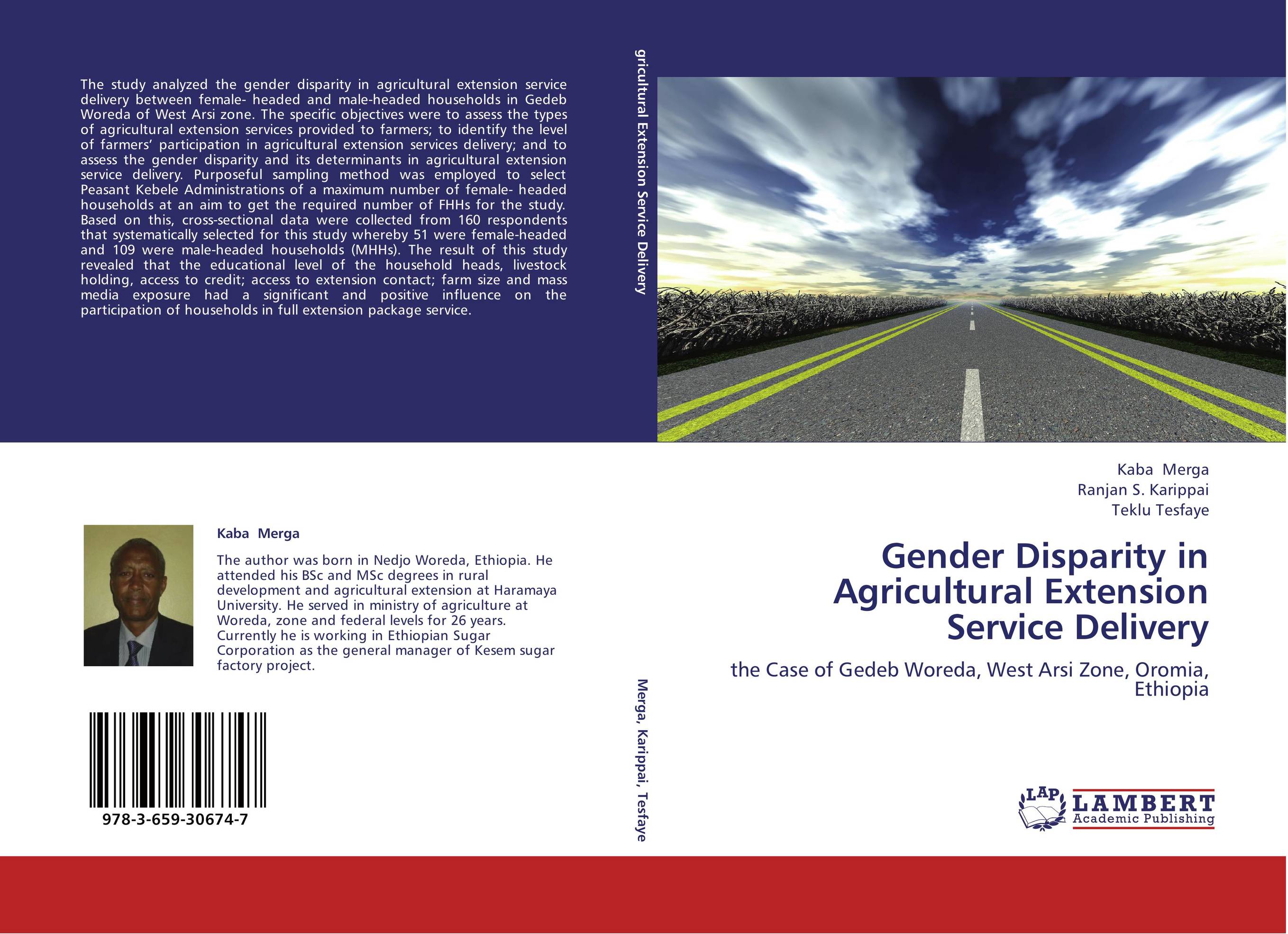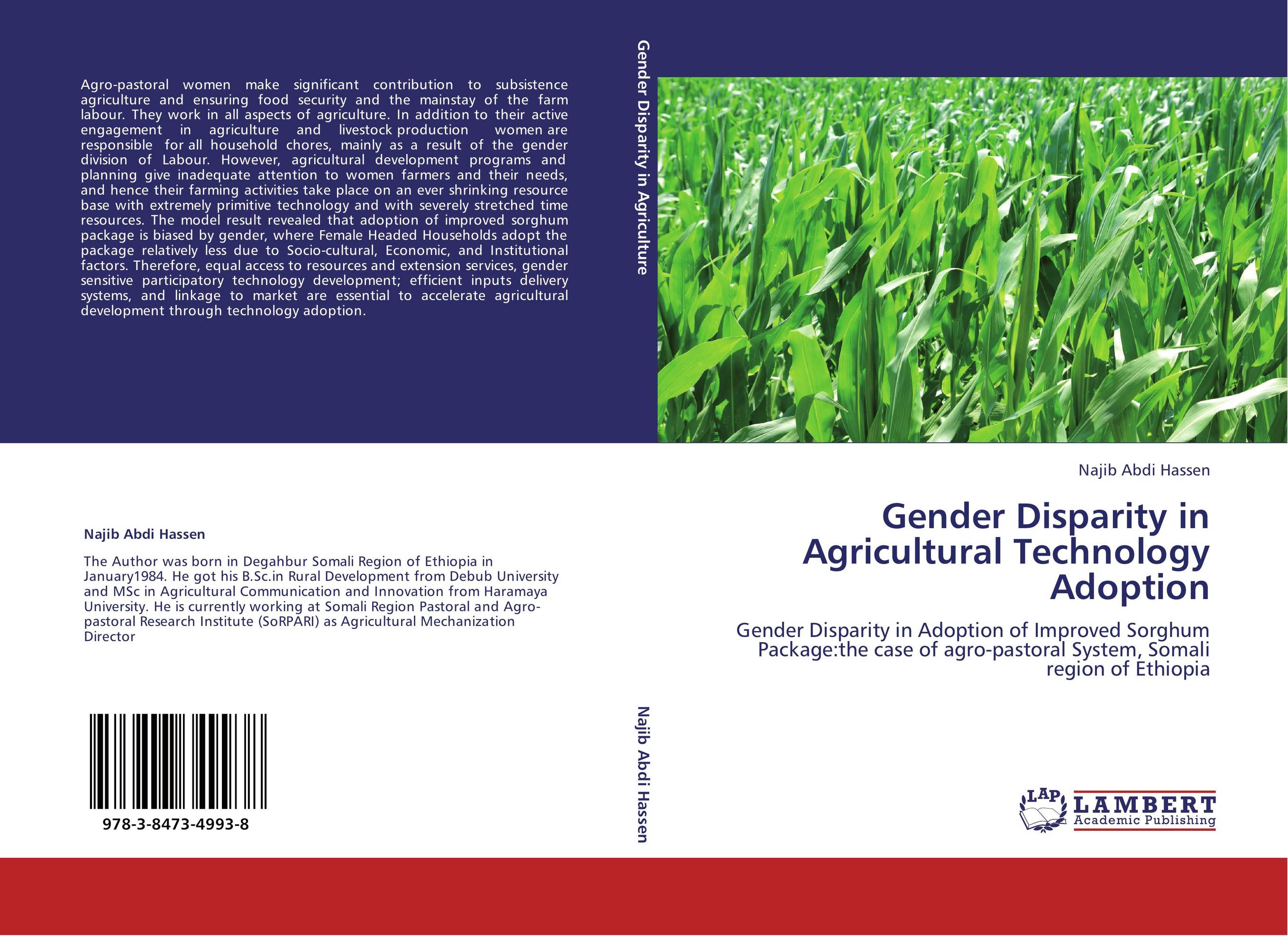| Поиск по каталогу |
|
(строгое соответствие)
|
- Профессиональная
- Научно-популярная
- Художественная
- Публицистика
- Детская
- Искусство
- Хобби, семья, дом
- Спорт
- Путеводители
- Блокноты, тетради, открытки
Gender Disparity in Agricultural Extension Services Delivery.

В наличии
| Местонахождение: Алматы | Состояние экземпляра: новый |

Бумажная
версия
версия
Автор: Gashaw Tenna Alemu
ISBN: 9783659532108
Год издания: 2014
Формат книги: 60×90/16 (145×215 мм)
Количество страниц: 168
Издательство: LAP LAMBERT Academic Publishing
Цена: 45727 тг
Положить в корзину
Позиции в рубрикаторе
Отрасли экономики:Код товара: 136346
| Способы доставки в город Алматы * комплектация (срок до отгрузки) не более 2 рабочих дней |
| Самовывоз из города Алматы (пункты самовывоза партнёра CDEK) |
| Курьерская доставка CDEK из города Москва |
| Доставка Почтой России из города Москва |
Аннотация: The study sought to ascertain the extent of agricultural extension services utilization with the existing gender gaps and identifying constraints women farmers’ face to utilize extension services in Bure woreda, ANRS. The survey was conducted in three purposively selected PKAs which having the maximum number of FHHs by selecting 160 sample households through systematic random sampling technique after sex stratification of the respondents. Pre-tested structured interview schedule and other secondary sources were used to collect primary and secondary data respectively. Key informant interviews and focus group discussions mainly helped to generate the necessary qualitative data. Range, frequency, percentage, means, standard deviation, t-test and x2-test was used for the purpose of data analysis. The core output of the study indicates that utilizations of agricultural extension services are gender biased. On average 64% FHHs and only 31% MHHs did not utilize extension services exclusive of inputs and participation on rural cooperatives. So the analysis component depicts gender differentials related to FHHs illiteracy, less access to and ownership of productive resources and others.
Ключевые слова: Extension Service, Gender, Utilization, Extension Service
Похожие издания
 | Отрасли экономики: Агропромышленный комплекс -> Растениеводство -> Садоводство Kaba Merga,Ranjan S. Karippai and Teklu Tesfaye Gender Disparity in Agricultural Extension Service Delivery. The Case of Gedeb Woreda, West Arsi Zone, Oromia, Ethiopia. 2012 г., 116 стр., мягкий переплет The study analyzed the gender disparity in agricultural extension service delivery between female- headed and male-headed households in Gedeb Woreda of West Arsi zone. The specific objectives were to assess the types of agricultural extension services provided to farmers; to identify the level of farmers’ participation in agricultural extension... | 31779 тг |
 | Отрасли экономики: Агропромышленный комплекс -> Растениеводство -> Садоводство Najib Abdi Hassen Gender Disparity in Agricultural Technology Adoption. Gender Disparity in Adoption of Improved Sorghum Package:the case of agro-pastoral System, Somali region of Ethiopia. 2012 г., 108 стр., мягкий переплет Agro-pastoral women make significant contribution to subsistence agriculture and ensuring food security and the mainstay of the farm labour. They work in all aspects of agriculture. In addition to their active engagement in agriculture and livestock production women are responsible for all household chores, mainly as a result of the gender... | 31495 тг |



